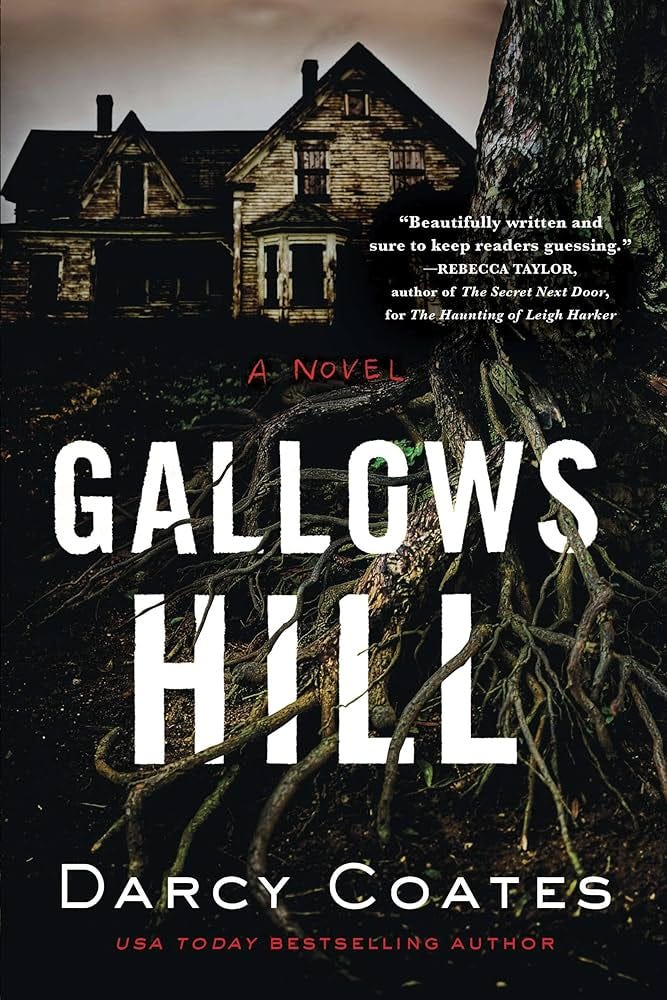Why Don’t The Zombies Fly? Darcy Coates & The “Rules” Of Plausibility
Readers will suspend disbelief. But only to a certain extent.
Sci-fi, horror, and fantasy writers face a unique challenge. While their stories center on fantastical elements, they must still be believable to the audience. We’ll happily suspend disbelief, but only to a certain degree. This requires a delicate balance. Stray too far into mysticism, and the readers will lose interest. Yet, if the story stays too close to reality, it risks losing its essence and being little more than standard fiction. Essentially, authors need to foster plausibility in impossible scenarios, which is no easy task.
I recently found a perfect balance of this dynamic in Darcy Coates’ Gallows Hill, a horror novel about a cursed winery. It was superb, not only in Coates’ skin-curling prose and story design but in how it threaded this tricky needle. If you’re familiar with Coates’ discography, it will be no surprise that the curse in Gallows Hill brings the dead back to life. Given this zombie uprising happens in one limited location and not the entire world, one would think: “Okay, get in your car and drive away. Or, call the police and tell them to come rescue you, guns blazing. Hell, go buy a gun yourself and blast the undead to kingdom come!”But that wouldn’t be an enjoyable book. So, authors must create rules that govern and constrain the imagined elements of their stories. If they don’t do it well, the rest of the book falls apart because the readers feel it is “unrealistic.”
It’s odd because I, the reader, accepted the impossible premise that dead people can come back to life and that curses are real. But only to an extent. If Coates had that same undead cackle and soared into the sky, I would have laughed out loud and thrown the book across the room. Whatever other brilliance Coates had put into her work would have gone uncherished by the audience and turned away by her breach of plausibility.
The rules of plausibility are like oxygen: we only notice them when they’re gone or are of poor quality. It wasn’t until the conclusion of Gallows Hill that I realized how Coates had constructed the rules of the curse to be realistic and foster a compelling story. Alternatively, in the Harry Potter series, Hermione is given a time-turner that lets her time travel to attend simultaneous classes. This raises the question, if time travel exists in the Harry Potter universe, why isn’t it used to save Harry’s parents or kill Voldemort? The lack of coherent rules shatters the suspense and consequences of the book, significantly reducing the other benefits.
Given readers' dire need to accept the limits of fantasy, Coates does a beautiful job outlining the rules of Gallows Hill in a believable, consistent, and natural way. There’s no forced exposition dump, and as the character’s story is revealed, more and more limitations come to light, explaining the mystery at the heart of the story. It’s a testament that carefully considering the audience’s willingness to suspend disbelief will lead to satisfying payoffs.
If you enjoyed this article, please like it (click the ❤️) and recommend it to a friend. Don’t forget to subscribe so future articles are delivered straight to your inbox.





